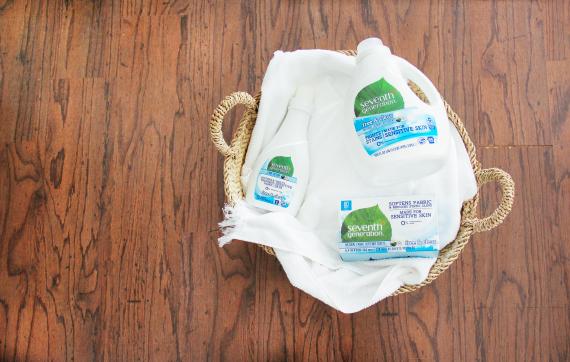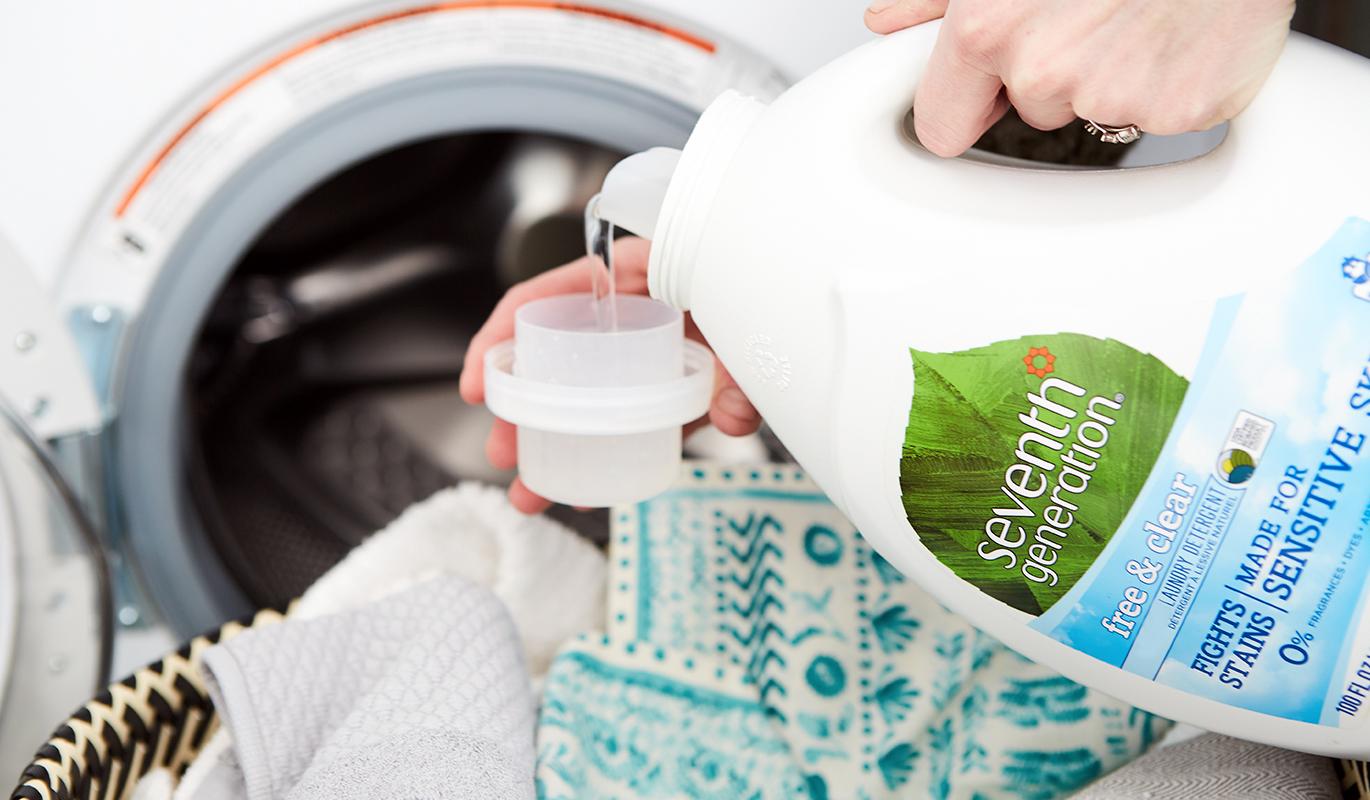The winter months can wreak havoc on our skin. Each of my three young sons has experienced chronic eczema to some degree—and it always seems to get worse in our mountain climate when the weather turns colder. So, why is winter is so much tougher on our skin than other seasons?
Let’s start with some epidermis basics. The lipid barrier is a thin layer of oil that forms a natural defense system for the skin: it keeps good things in and bad things out. When the barrier is damaged it cannot retain moisture, which puts the skin at a higher risk for flare-ups of psoriasis, eczema, and rosacea. If you experience skin sensitivities like my sons do, the months between fall and spring present a myriad of challenges for moisture retention:
- Cold air can be drying, which makes the ambient humidity lower during colder months. Add to that the increased time we spend in indoor environments—where heated air from central heating, fireplaces, and space heaters all contribute to lower humidity—and you’ve got a one-two punch against the moisture your skin needs to stay healthy.\
- Wind can also be a challenge in the cold. It can strip skin of natural lipids, which are part of the barrier that prevents the skin from drying out.
- Hot showers and baths—although they can feel so good on a cold day—can break down the lipid barrier and contribute to moisture loss.
- All the layers we bundle up in can cause more friction, which only adds to skin irritation. And those wicking fabrics that help regulate our temperature? You guessed it; they’re also robbing your skin of much-needed moisture.
- The sudden temperature changes we experience when we come inside from the cold to our warm homes or workplaces can cause capillaries in the skin to contract and expand rapidly, damaging the skin’s lipid barrier.
The habits we rely on in winter can also be tough on our skin. Cold weather comfort eating is a challenge in our household. Diets high in sugar, refined carbs, and highly processed foods (basically, everything we crave in the winter) can contribute to skin inflammation, since such foods have been linked to cellular inflammation. We also tend to drink less water in the winter, instead turning to dehydrating drinks like caffeinated teas and coffee to keep us warm. The naturopathic doctor my kids see says that skin is a window into inner health—and, often, the winter elements are a final trigger that can reveal internal inflammation. Cleaning up our diet, removing foods that my kids are sensitive to, and drinking plenty of water has helped reduce winter skin flare-ups in our household dramatically.
What are some other strategies to nurture sensitive skin in the winter?
- Moisturizer locks water into your skin’s top layer. Applying after a bath, while the skin is still damp, is a good trick. Using creams can be more effective than lotions. Thick creams have less water content and can lock in moisture more effectively. Oil-based moisturizers will also hold moisture better than water-based ones. You may find that you need a different moisturizer in the winter than you do the summer or spring—just as you change your attire for the changing seasons, so should you change your skincare products.
- Cover up with a hat, gloves, and a scarf to shield yourself from the wind. Apply moisturizer and sunblock before heading outdoors.
- Bring moisture into your space. Use humidifiers to put more moisture in the air to help prevent your skin from drying out. You may need to place several humidifiers throughout your home to disperse moisture evenly. You can also place bowls of water near radiators, on your cooking stove, or atop a wood burning stove.
- Make sure the cleansers you use are mild. Avoid cleansers that may irritate or dry the skin. Look for soaps that are fragrance, dye, and alcohol-free. Also, choose mild laundry detergents and fabric softeners that do not have fragrances—look for products that are formulated for sensitive skin.

- Limit hot showers and baths. Try lukewarm water and staying in the water for a shorter period of time (a maximum of ten minutes, especially for children). Throw in some oatmeal, lavender, almond oil, or baking soda to relieve any itching related to dry and irritated skin. Pat your skin dry after a bath or shower—avoid rubbing the skin with rough, textured towels. You can even experiment with bathing or showering less frequently.
- Minimize the extreme change of temperature shifts. Bundle up warm when going outdoors and don’t overdo the central heating when coming indoors to minimize the capillary shifts from one environment to the next.
- Work on your layering systems. Avoid itchy fabrics like wool directly on the skin. Dress in breathable materials, like cotton, and avoid wearing too many bunchy layers.
- Nurture your inner health. Go easy on the sugary treats, refined carbohydrates, and processed foods. Choose colorful fruits and veggies that are high in vitamins, minerals, and antioxidants to keep inflammation at bay, your microbiome balanced, and your immune system strong. Don’t forget to include healthy fats into your diet—olive oil, avocados, omega-3 fatty acids, and coconut oil are nourishing choices. Your skin will glow!
- Focus on hydration. Limit caffeine since caffeine is a diuretic and can dry your skin from the inside. Instead drink lots of water to stay hydrated. Substitute your warm mug of hot chocolate or coffee with a soothing cup of herbal tea. I love drinking warm water—plain, or with a squeeze of lemon.
We have our free & clear plant-based laundry detergent formula without fragrances and tested it for skin irritation and sensitization. Always use as directed. For more information about how Seventh Generation makes and tests this product for sensitive skin visit www.seventhgeneration.com.


